Amy Bonnaffons
Amy Bonnaffons is the judge of the 2019 Pinch Literary Award for Fiction. Her debut story collection The Wrong Heaven was published in July 2018 by Little, Brown. It will be followed in early 2020 by The Regrets, a novel about the afterlife. Amy is a founding editor of 7x7.la, a literary journal devoted to collaborations between writers and visual artists. Born in New York City, she now lives in Athens, GA, where she is working on a Ph.D. at the University of Georgia.
Your short story collection The Wrong Heaven plays with the idea of possibility. The characters are grounded by their everyday desires, but their worlds are full of strange magic. How do you balance the two sides, the possible and impossible, within a single story?
During the drafting process, I try to keep all possibilities open—my best work has come when I’ve felt the what if…? itch and followed it, without skepticism or self-censorship. What if that Jesus statue came to life? What if a woman could turn herself into a horse? What if the Angel of Death is a stone cold hunk? The real engine of the story is character—but I try not to limit myself when imagining how that character might express her desires and inner conflicts, or what outer possibilities she might encounter.
During the revision and editing processes, I try to make sure that I’ve laid the groundwork so that a reader will follow my imaginative leaps. But this is less about justifying anything rationally than about the confidence of the story’s voice. When a narrator has a strong voice, we believe—or, more accurately, want to believe—anything they tell us.
What was one early experience where you learned that language had power?
What a great question. Maybe this isn’t about language so much as narrative, but I remember when I was about 5 or 6, my mom was reading me one of the “Little House” books—a long passage in which we hear about Laura’s daily life—and I asked her, “Why don’t they ever tell us about Laura going to the bathroom?” My mom explained that there wasn’t room in a story to recount every tiny event, so the author had to decide what to include. This early lesson in narrative theory blew my mind—the idea that there was a person making those decisions.
As a writer, what would you choose as your mascot/avatar/spirit animal?
A psychic sitting on a picnic blanket in Union Square Park once told me that I had a spirit guide, a jolly fat man named Makradoona, who was here to cheer on my work. So: Makradoona!
Whose work have you been reading lately?
I’ve been reading a lot of graphic novels. Most recently I loved Mark Russell & Mark Feehan’s The Snagglepuss Chronicles (in which a Tennessee Williams-esque gay Southern playwright, who also happens to be a giant pink cat, squares off against the House Un-American Activities Committee). I also recently finished Rachel Cusk’s intimidatingly smart Outline and started Kiese Laymon’s gorgeous memoir Heavy.
What do you look for in a good piece of fiction?
That it has confidence in itself and a powerful concentration of energy in its language. I enjoy a really wide range of fiction—there’s no set style I prefer, as long as it feels dense and alive.
What are some common traps for aspiring writers, and do you have any advice for how contest entrants might avoid them?
I can only speak from my own experience as an aspiring writer; for a time I had an idea that there was a “correct” way to write fiction, and I was careful to hit all the marks, cautious about making mistakes. I tried to hit the proper balance of scene and narration (or “showing” and “telling”); I tried to avoid exposition; I tried to structure my stories so that they had a clear yet sufficiently subtle climax and resolution. Now I see that in my anxiety to do all those things, I was stifling my weirdness—the weirdness that would eventually drive my best stories. I also see now that those guidelines were someone else’s, not my own, and that they came from a particular aesthetic that reigned at the time, especially in MFA programs—an aesthetic inflected by class and race and particular institutional pressures. So I’d say: don’t be afraid to be weird, to take risks and break rules. See yourself as working in service of the story that wants to come through you, and listen closely to what it tells you about itself. Be unwavering in your commitment to the story—don’t back off or try to water it down. A corollary to this: if an aspect of the story isn’t working, let it go. Don’t try to force it. You’re not really in charge here—the story is. Once you relax your idea of what the story should look like, it’ll tell you what it needs.
